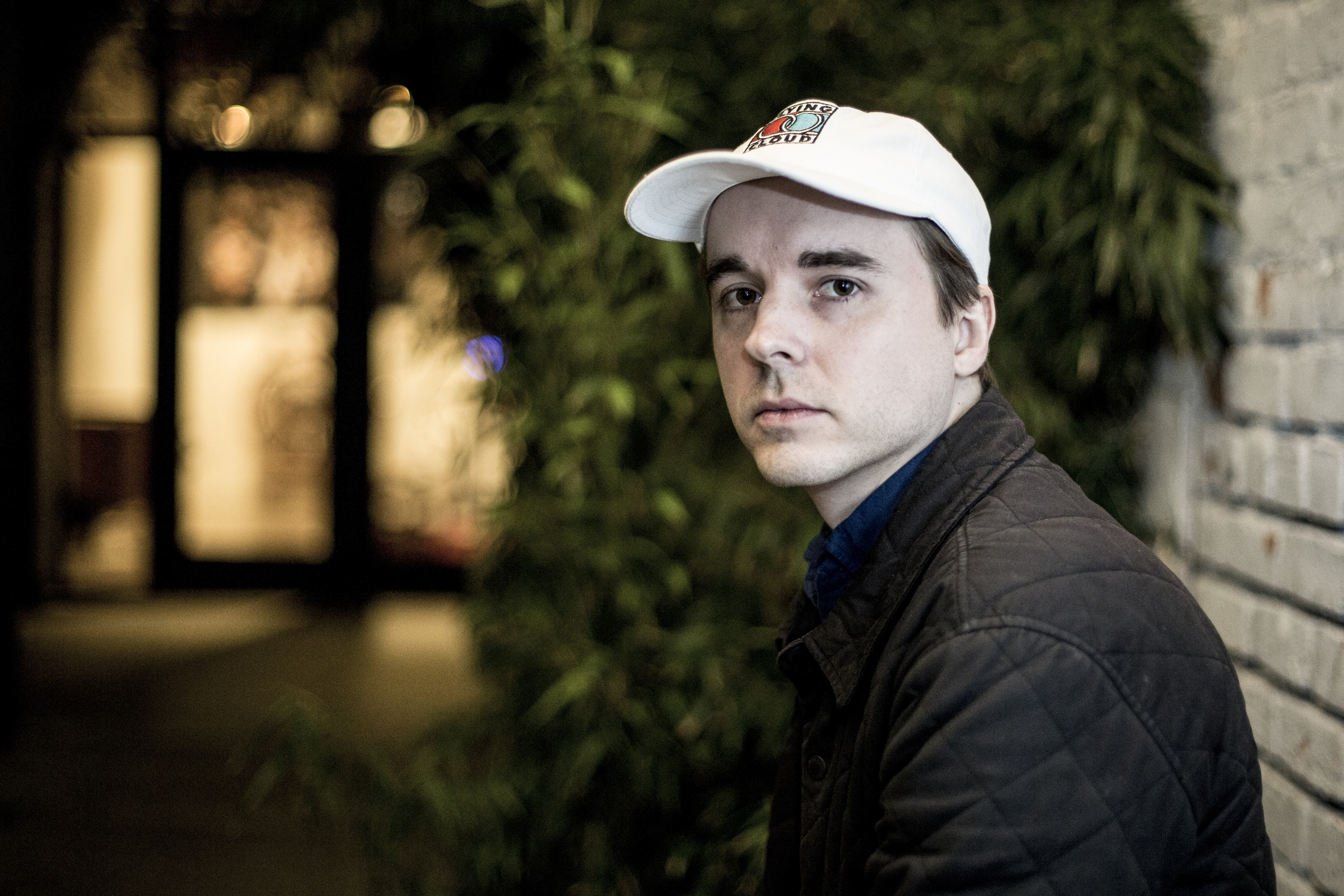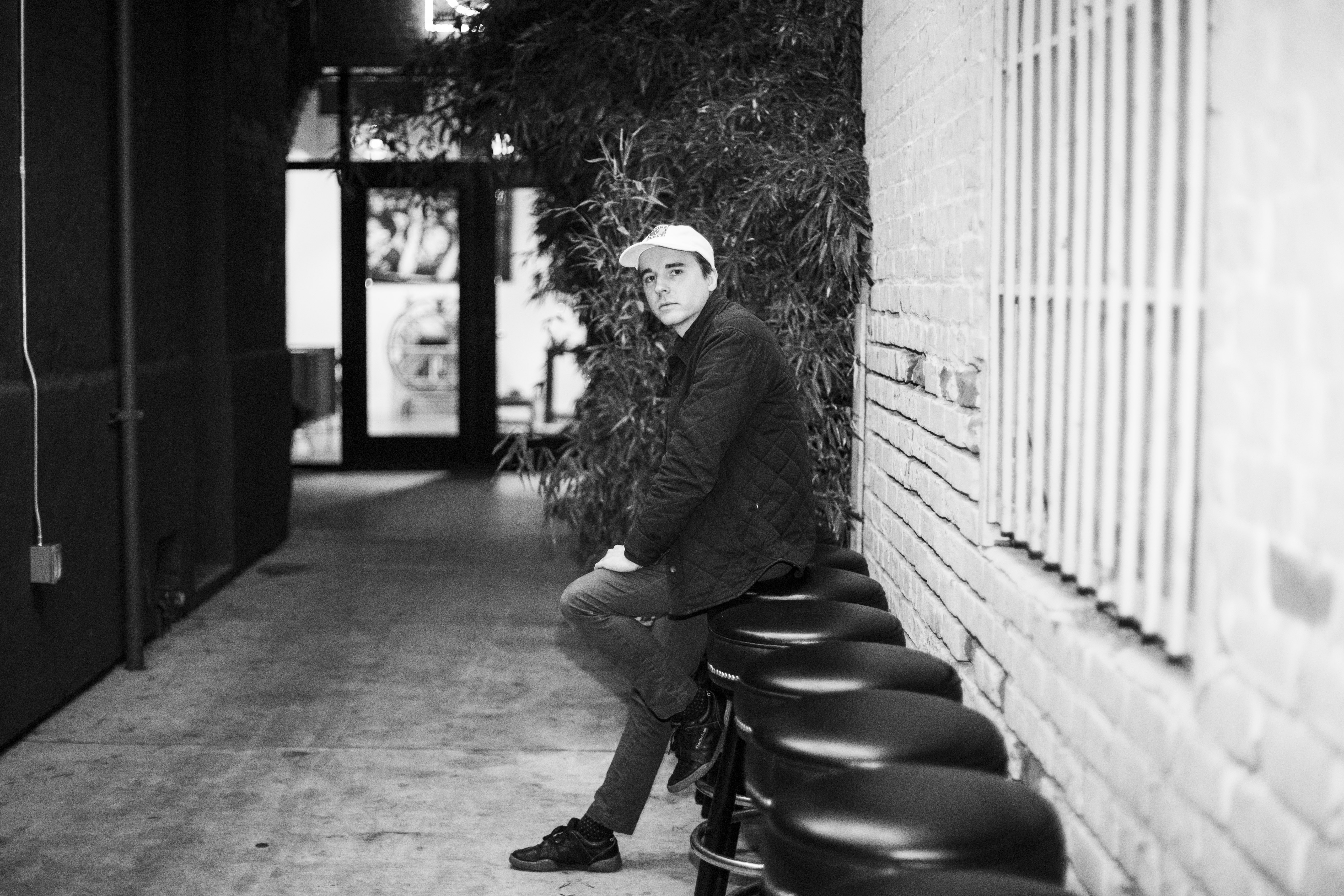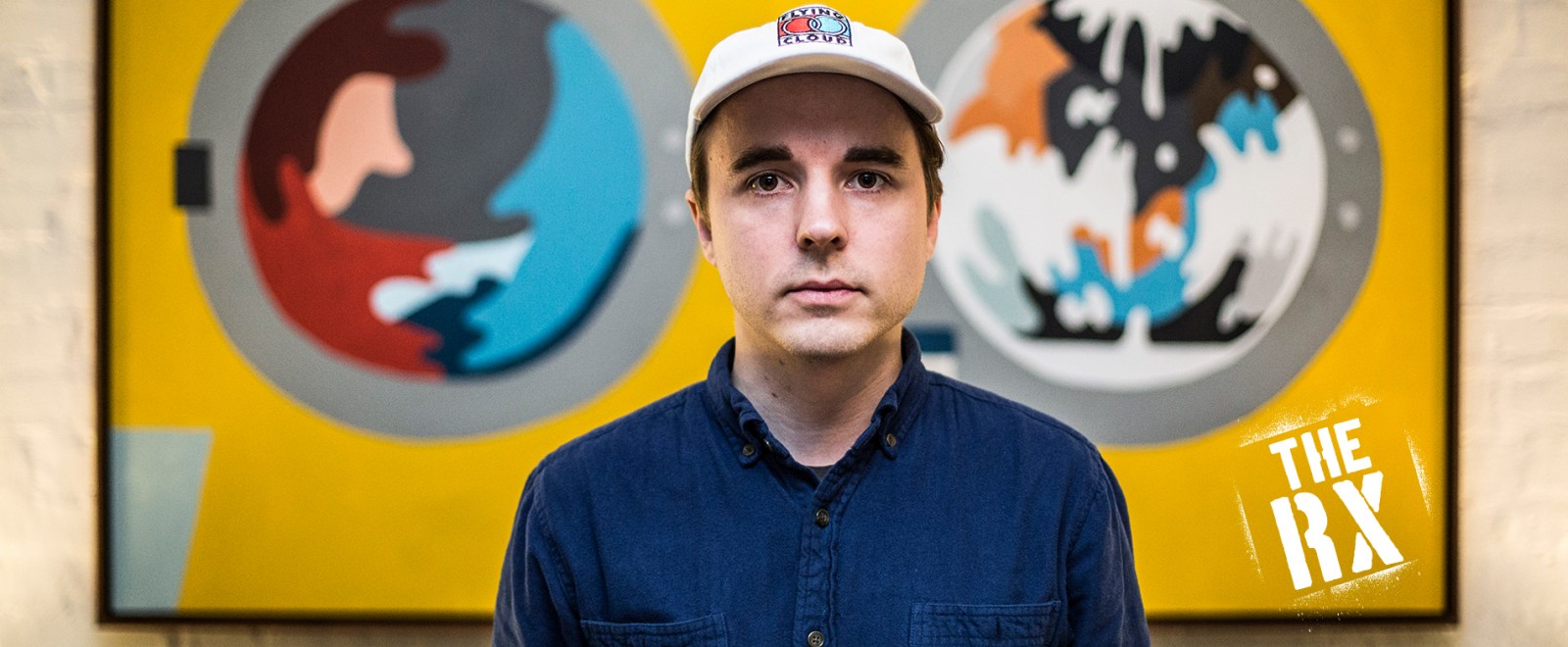The RX is Uproxx Music’s stamp of approval for the best albums, songs, and music stories throughout the year. Inclusion in this category is the highest distinction we can bestow, and signals the most important music being released throughout the year. The RX is the music you need, right now.
There probably isn’t a single review or feature profile written about Canadian singer-songwriter Andy Shauf that hasn’t referenced some of the greats of wistful ’70s pop-rock: Randy Newman, Harry Nilsson, Paul Simon, Joni Mitchell. Shauf, 33, comes by those comparisons honestly — his incisive new album out today, The Neon Skyline, is a cycle of interconnected story songs that tell a larger narrative about a night in the life of a man working through a romantic crisis at his favorite neighborhood bar, set to laidback and impeccably recorded (by Shauf himself) soft-rock melodies.
It’s a formula that has garnered raves from mentors like Jeff Tweedy, who praised Shauf for “his ability to create these universes that seem to be real” on his previous album, 2016’s critically acclaimed The Party. For The Neon Skyline, Shauf stepped up his universe-building, writing 50 songs set during the same fateful night depicted on the album. Eventually, he picked the right 11 tracks that properly fleshed-out the tragicomic story he wanted to tell.
Along with writing the songs, Shauf also produced the album, while also playing all of the instruments himself. A self-confessed control freak, Shauf has a natural ear for all of the vintage sounds that give his music an “out of time” quality — a dry drum snap, a lightly jangling guitar, a probing bassline, a warm horn section that sounds beamed in from an ancient AM radio station.
Given that Shauf (who now lives in Toronto) grew up in the ’90s and early aughts in the prairies of Saskatchewan — “the midwest of Canada,” he says — his preference for nearly 50-year-old albums might seem like an affectation. As a kid, he gravitated first to drums, playing in an evangelical worship group with his father and brother. When he turned to writing songs, Elliott Smith was an early inspiration until he was turned on to Randy Newman after reading an interview with Ben Gibbard of Death Cab For Cutie.
While he admits that he looks at the 1960s and ’70s as a “golden age” for music, this old-school palette also suits his musical sensibility.
“I don’t know how else to do it,” Shauf said. “When I record a song, that’s just how it comes out, because I’m obsessed with those types of songs.”
In a recent interview, Shauf talked about his background playing in a punk-rock praise group, how Randy Newman inspired him, and the painstaking process of writing The Neon Skyline.

You grew up in a Christian household. Did your parents let you listen to secular music, too?
Yeah, my dad was really into Southern gospel music, but also pretty into ABBA. I was in a worship band all through school, and we would try and make the worship songs punk. I would play punk beats. Really embarrassing.
Do you feel like any of that has seeped into your own music?
It’s a lot of seventh chords and stuff like that. If I’d grown up listening to The Beatles, it’s the same kind of idea, but I got there in a different route.
What was your bridge for going back and digging into classic singer-songwriters?
There was a point where I was listening to a lot of the big bands from when I just got out of high school: Bright Eyes, Death Cab For Cutie, that kind of semi-emo-ish, songwriter-y stuff. Then Ben Gibbard said something about Randy Newman. I’d found Sail Away in high school and I really liked it. I loved the strings. I was really into Damien Rice records that had a lot of strings in it.
Ben Gibbard started talking about how songwriters should treat songs like short stories, and referenced Randy Newman. I had listened to Randy Newman already but didn’t really ever listen to the lyrics. When I did, it was like, “Holy sh*t, you can make a song about anything.” You don’t have to write about broken hearts. So I got into his stuff, and that led to a lot of other records.
How did that influence translate to your own writing?
I was kind of getting tired of just framing songs around love. I was like, “Okay, I’m going to sit down and I’m going to write a song about a guy who gets mugged.” And that was the first song that I made that was intentionally a story about someone. That was a different kind of rewarding experience, so I just kept digging away at that, and seeing what I could do with stories.
Eventually it was like, “Oh, you can connect these stories,” rather than just putting a bunch of one-off stories together. Now, I’m obsessed with doing that.
For The Neon Skyline, did you go in with a concept in mind? Or did you bend the concept to the songs that you were writing?
After I finished recording my last album, I wanted to make an album that was a tighter narrative, that wasn’t just connected by chance. I knew that I wanted to make an album about one person and follow them. I came up with the name, and then I started writing about the name. And then I wrote a song where he does this, and then that lead to the next one, and then I would write another one, and that one would contradict the other one so I’d have to get rid of that one. It was like putting a puzzle together where you’re making up the pieces as you go.

Didn’t you write 50 songs for this record?
Yeah. That was just a result of doing it the way I did, where I didn’t know what was going to happen. I would write a batch where one main point has to happen, and then write four songs in that direction, and then be like, “Oh, that’s terrible.” Then those songs are scrapped and I have to write four more.
To what degree are you writing fiction, and to what degree is it autobiography?
I would say it’s probably half and half. It’s definitely easier to write about things that are familiar to you. And so I do a lot of that. I take little details of things that happened and just make a fictional story around them.
On the album, the titular bar is a place where the bartender knows which drink the protagonist is going to order as soon as he sits down. Do you have a regular bar?
I do, and it’s called The Skyline.
The Neon Skyline is out now on Anti-. Get it here.







